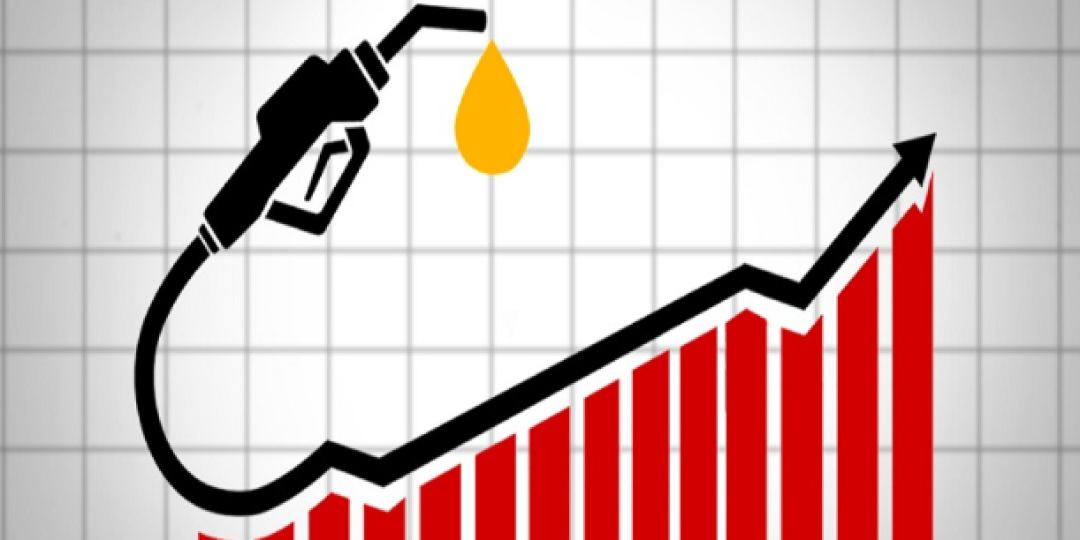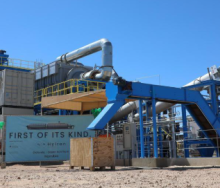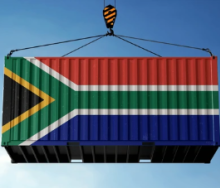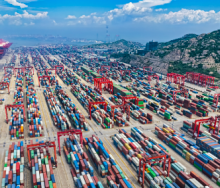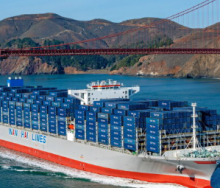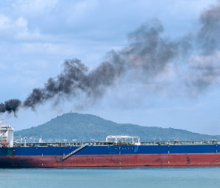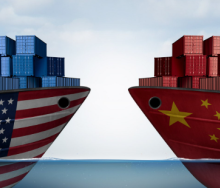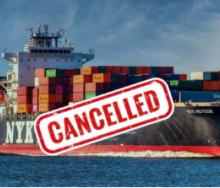Transporters will consider raising the prices of their services when the next massive fuel price hike takes effect in March.
Road Freight Association CEO Gavin Kelly said the latest forecasts of large fuel price increases – a hike in the price of diesel (500ppm and 50ppm) of least R1.40 and R1.50 respectively – will ripple through the economy. The price of petrol 93 and 95 is expected to increase by at least R1.30 per litre.
The Central Energy Fund (CEF) attributed the latest bout of forecast price hikes to rising international fuel prices, which were around $82 a barrel at the time of the analysis.
“Road freight transporters use, in the main, diesel as the energy source for their vehicles. There are shorter haul/courier vehicles that use petrol as well, so they are not excluded from increasing costs,” Kelly said.
He added that while fuel prices had slipped from the highs last seen in 2022 and 2023, prices remained elevated.
“Largely due to the geopolitical issues facing the world, there has been a slow but steady decrease in easily accessible oil products, which has seen demand drive the price up. There is also the added value of risk being applied,” Kelly said.
“This means that any gains achieved in mid-2023 are steadily being eroded and road freight companies will now be faced with the reality of having to increase pricing to cover the ever-increasing cost of diesel, depending on the arrangements that transporters have with their clients,” he said.
“Some transporters run day-to-day pricing dependent on their business model, while others may have contracts that determine how and when (if any) increases or decreases are factored in.”
Kelly said transporters faced the challenge of needing to fund operations, including the daily consumption of fuel, against a backdrop of delayed payment for services, sometimes as long as three months.
“In the meantime, the business needs to keep operating which requires fuel, and many transporters don’t have limitless reserves of cash to continue paying for fuel against the delayed payment for work already done,” he said.
“As the cost of transport increases, and the ever-decreasing levels of disposable income of the consumer begin to factor into retail and other sales, businesses will reduce volumes to be transported or even curtail stock movement. Transporters will feel this impact on their businesses.”
He said rising fuel prices drove up the cost of transport and logistics which in turn increased the cost of goods for consumers.
“In the short term, general transport costs will rise - from food to fuel, from clothing to electronic goods and everything in between. There will be the inevitable price escalations – some immediately, but more so a domino effect will ensue, the next in a long line of such domino effects that we have seen too often in the last few months,” he said.
